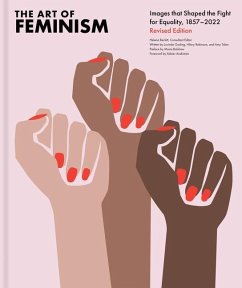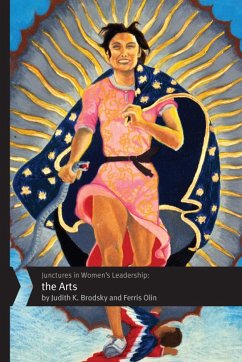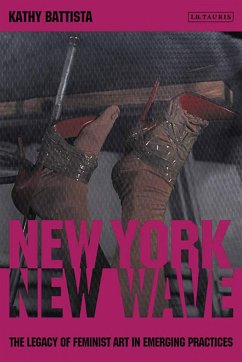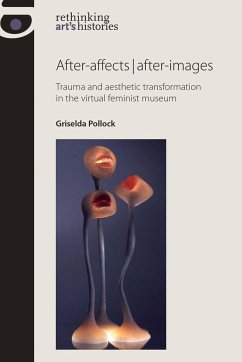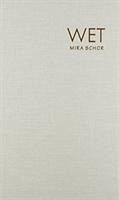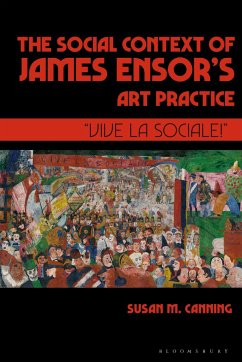
Édouard Vuillard, the Nabis, and the Politics of Domesticity
Versandkostenfrei!
Versandfertig in über 4 Wochen
117,99 €
inkl. MwSt.
Weitere Ausgaben:

PAYBACK Punkte
59 °P sammeln!
"Highly influential, and - as this book shows - also politically engaged, the art of the Nabis (1888-1900) lay the groundwork for the transition from impressionism to modernism in French art. This ground-breaking book is the first to address the feminine and feminist politics of domesticity in the Intimiste art of âEdouard Vuillard and the Nabis. Personal in motif and decorative in form, Francesca Berry's extensive historical research and skilled visual analysis reveal the social and political, sometimes even feminist, meanings of these artworks. Transcending the structural repression of dome...
"Highly influential, and - as this book shows - also politically engaged, the art of the Nabis (1888-1900) lay the groundwork for the transition from impressionism to modernism in French art. This ground-breaking book is the first to address the feminine and feminist politics of domesticity in the Intimiste art of âEdouard Vuillard and the Nabis. Personal in motif and decorative in form, Francesca Berry's extensive historical research and skilled visual analysis reveal the social and political, sometimes even feminist, meanings of these artworks. Transcending the structural repression of domesticity in histories of modernist art, this book powerfully overturns residual myths of aesthetic introspection and social retreat that for too long have been attached to Nabi Synthetism"--



